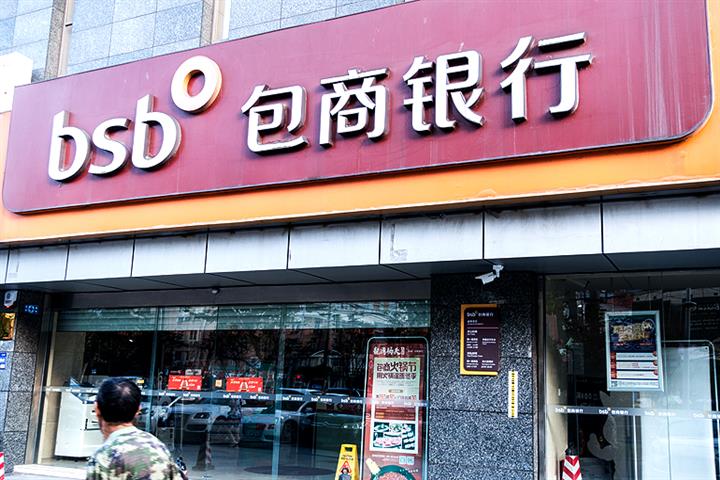

Zero-coupon bonds are the only type of fixed-income investments that are not subject to investment risk – they do not involve periodic coupon payments. Reinvestment risk is the risk that an investor will be unable to reinvest a bond’s cash flows (coupon payments) at a rate equal to the investment’s required rate of return. The price that John will pay for the bond today is $781.20.


What price will John pay for the bond today? The interest rate on the bond is 5% compounded semi-annually. John is looking to purchase a zero-coupon bond with a face value of $1,000 and 5 years to maturity. The price that John will pay for the bond today is $783.53. The interest rate on the bond is 5% compounded annually. Example of a Zero-Coupon Bonds Example 1: Annual Compounding Since the bond compounds semi-annually, we must divide the required rate of return by two and multiply the number of years until maturity by two to account for the total number of periods the bond will be compounded for. Note that the formula above looks similar to the previous one, with the only difference being the required rate of return (r) being divided by 2 and the number of years until maturity (n) being multiplied by two. In such a case, refer to the following formula: In reality, zero-coupon bonds are generally compounded semi-annually. Note that the formula above assumes that the interest rate is compounded annually. n is the number of years until maturity.r is the required rate of return or interest rate and.Face value is the future value (maturity value) of the bond.To calculate the price of a zero-coupon bond, use the following formula: Therefore, a zero-coupon bond must trade at a discount because the issuer must offer a return to the investor for purchasing the bond. By receiving $100 today, the investor is able to put that money into a savings account and earn interest (thereby having more than $100 in a year’s time).Įxtending the idea above into zero-coupon bonds – an investor who purchases the bond today must be compensated with a higher future value. The time value of money is a concept that illustrates that money is worth more now than an identical sum in the future – an investor would prefer to receive $100 today than $100 in one year. To understand why, consider the time value of money. Reinvestment risk is not relevant for zero-coupon bonds, but interest rate risk is relevant for the bonds.Īs a zero-coupon bond does not pay periodic coupons, the bond trades at a discount to its face value.The bond trades at a discount to its face value.A zero-coupon bond is a bond that pays no interest.


 0 kommentar(er)
0 kommentar(er)
